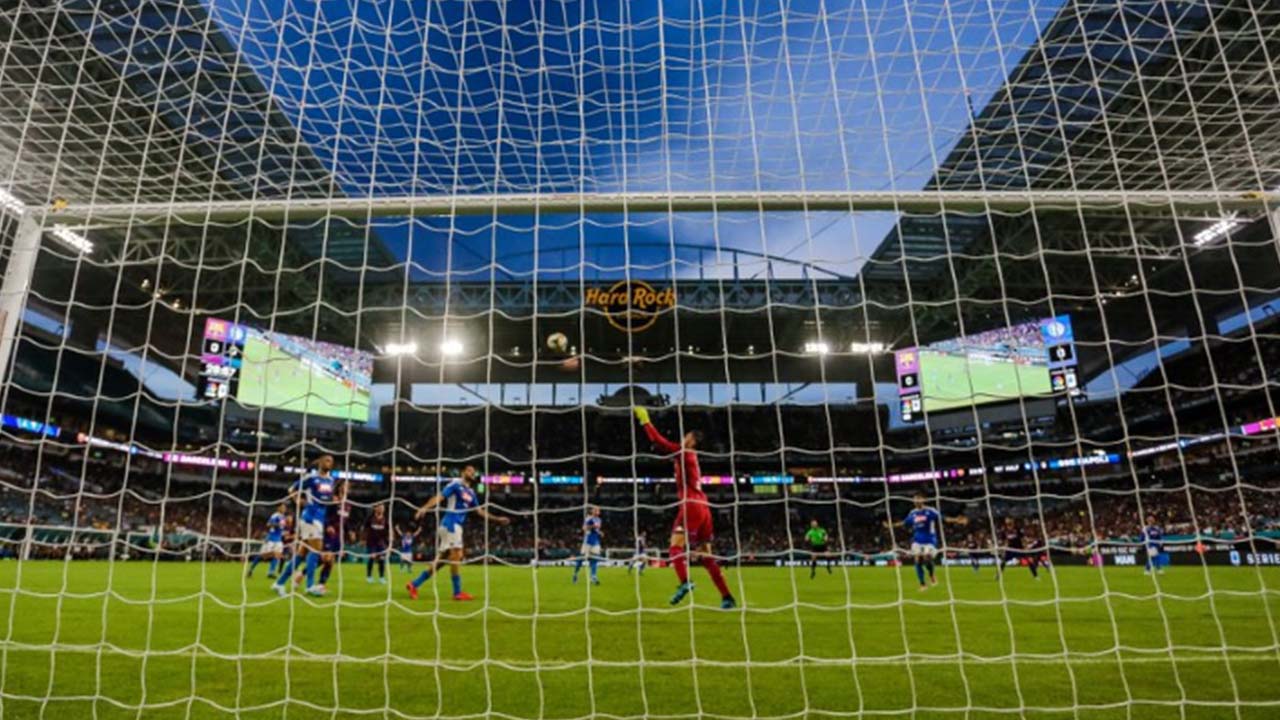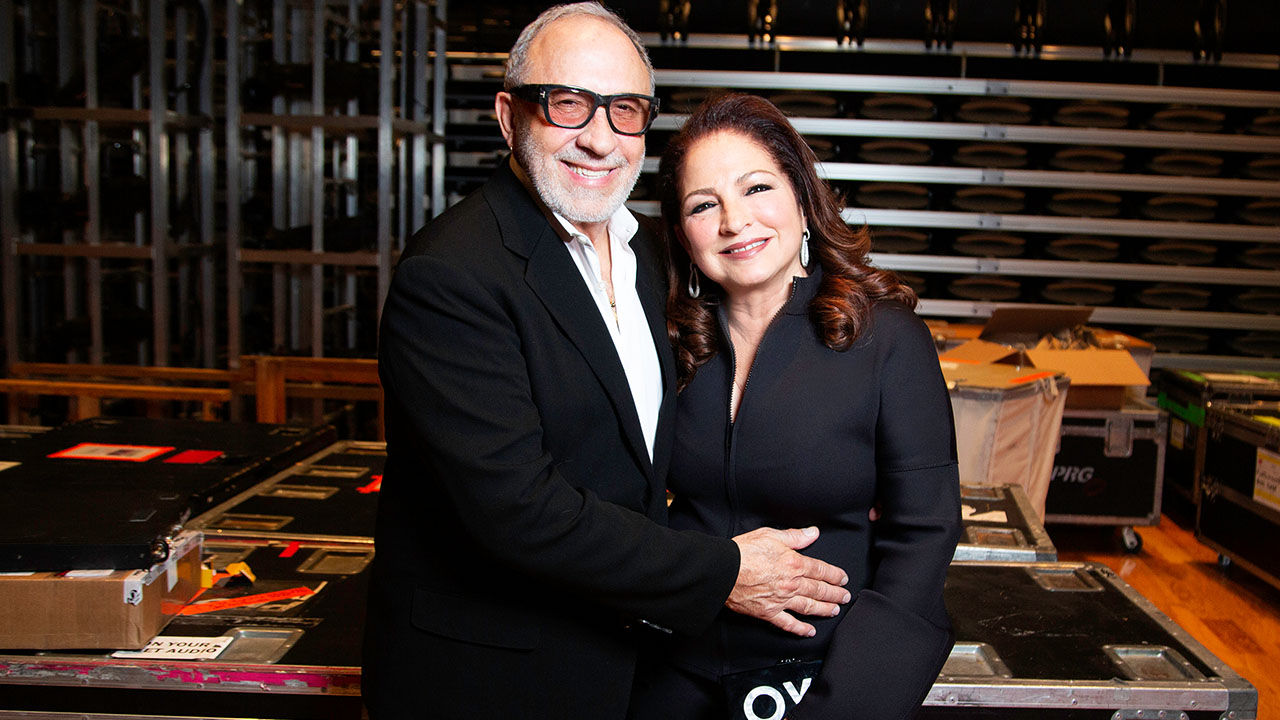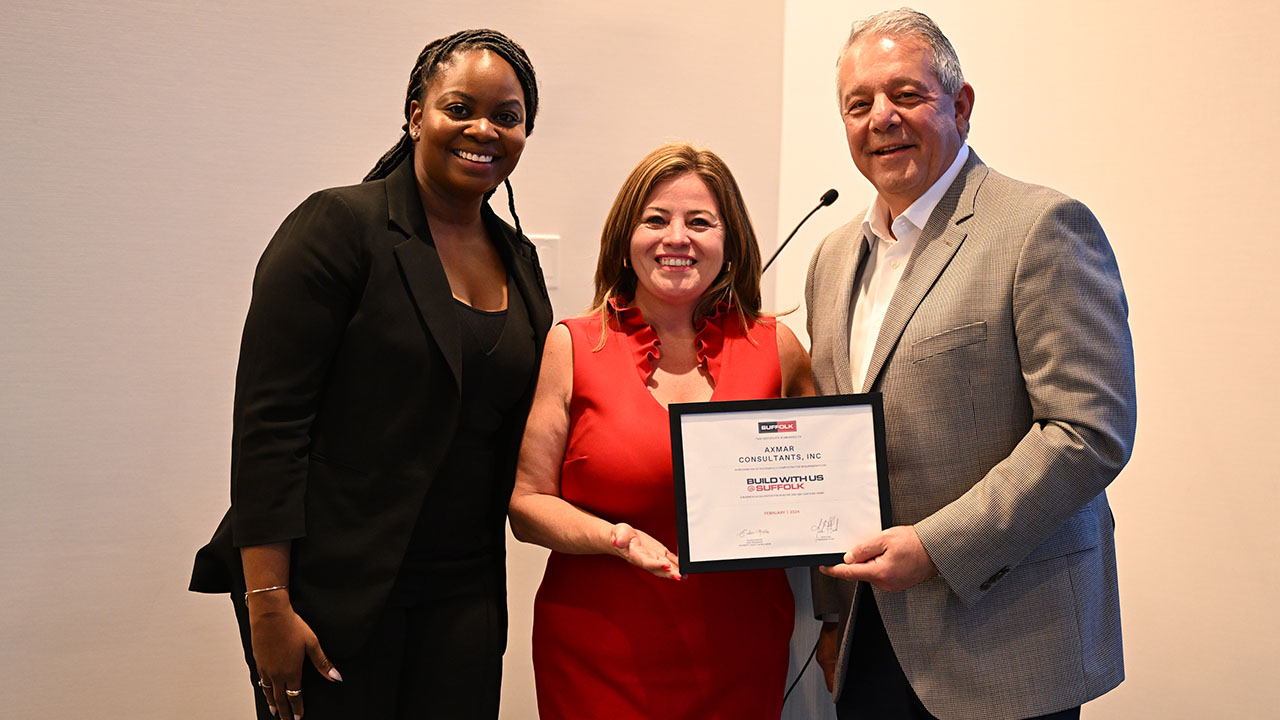Dear Mr. Berko: Last summer, I chose between buying 600 shares of AT&T at $38 and buying 500 shares of Verizon at $54. I bought Verizon, and it’s been straight down since, though the dividend was raised by 6 cents. Tell me why Verizon has collapsed and when you think it will come back to my purchase price, because I want to invest $25,000 in an electric utility my stockbroker recommended, FirstEnergy. Please tell me your opinion of this stock’s ability to provide long-term growth and income. — FA, Cleveland
Dear FA: Verizon Communications (VZ-$47) provides wireless, broadband, fiber-optic and other services to consumers around the world. VZ is still the clear leader in the wireless industry, with over 113 million retail customers. VZ has a strong reputation and an enviable, high-quality network, and its Fios service enables unparalleled data speeds across nearly 80 percent of the company’s service area.
VZ was firing cleanly on all cylinders last year. 2016 revenues came in at $127 billion. Earnings were $3.21 a share. And the dividend was raised again to $2.27 a share, giving shareholders a swell 4.7 percent yield.
Then, in July, while VZ was trading at $56, management announced it would buy Yahoo (YHOO-$48) for $4.83 billion, and the midden hit the windmill, as VZ shares fell to $46. VZ was after YHOO’s 1 billion active users (600 million mobile) and its attractive brand and assets. But YHOO’s “attractive brand and assets” turned out not to be so attractive after all, and its usership was also declining. The “assets” included content (e.g., finance, news, sports), digital advertising technology and a polluted pool of dubious people — including CEO Marissa Mayer, whose management style was in a frequent state of desynchronosis.
Some investors believe that VZ employees have become infected with Yahoo disease, a condition in which, every hour on the hour, workers get down on their knees with arms akimbo, flap their arms and squawk like chickens for 60 seconds. It’s a riot to observe. Unfortunately, there’s no cure for this affliction. Resultantly, concerned shareholders, including officers and directors of Verizon, have been net sellers of VZ since last year. Late last year, the competition finally succeeded in putting a dent in VZ’s wireless growth, and revenues began to drop.
Of the 25 brokerages covering Verizon, seven — including Argus Research and O’Shaughnessy Asset Management — have “strong buy” recommendations. Two, Morningstar and Value Line, have “buy” recs. Fourteen say to “hold,” and two say to “sell.” The consensus says that VZ should rise to $54 in the coming dozen months. But I don’t think that’s going to happen unless VZ merges with Disney or Amazon.
Do you remember such old names as Ohio Edison, The Illuminating Co. and Toledo Edison? They are now part of FirstEnergy (FE-$30.60), a holding company that pays a $1.44 dividend yielding 4.7 percent. FE is also a holding company for Potomac Edison, which almost every utility investor owned because most of its revenues derived from federal government offices in Washington. FE also owns such enduring names as Metropolitan Edison, Allegheny Energy, Jersey Central Power & Light, West Penn Power and Mon Power. In total, FE serves over 6 million customers in Ohio, Maryland, Pennsylvania, West Virginia, New York and New Jersey and in 2016 generated $15.25 billion in electric revenues.
FE has been in turbulence (operational problems/cost controls) since 2012, when the shares traded at more than $50 and earnings and revenues bounced around like kangaroos in a pigpen. Management couldn’t run FE’s nonregulated 1,572 megawatts of gas-fired and hydro businesses or other competitive energy assets that have pounded earnings and hurt dividend growth. FE has a contract to sell this generating capacity (subject to Federal Energy Regulatory Commission approval) for $925 million. Meanwhile, management has been having unusual difficulties getting rate increases in Ohio and New Jersey, and FE is taking a fourth-quarter mark-to-market accounting charge because of frequent problems with its pension plan assumptions. Management needs an industrial-sized enema.
Though the present doesn’t look good, FE has some promise for the future, and buying 800 shares might be a timely long-term investment.
Please address your financial questions to Malcolm Berko, P.O. Box 8303, Largo, FL 33775, or email him at mjberko@yahoo.com. To find out more about Malcolm Berko and read features by other Creators Syndicate writers and cartoonists, visit the Creators Syndicate website at www.creators.com.
COPYRIGHT 2017 CREATORS.COM
Editor’s Letter: Everything Still Seems Pretty Good
I don’t know about you, but I am getting tired of waiting for a recession. Yes, there are a few worrisome signs nationally, such as vacant office space and we

Local South Florida Cocktail Recipes to Craft During National Cocktail Day
The celebration will commence on Sunday, March 24.

Miami Marlins Set to Kick Off Much-Awaited 2024 Season
The team will host the Pittsburgh Pirates for the home opener on March 28.

Healthcare Investor Hosts Fundraising Event for Fort Lauderdale Mayor Dean Trantalis
The evening will feature a Frank Sinatra impersonator, networking and a chance to raffle prizes from Amaira Med Spa & Surgical.

Other Posts
Fort Lauderdale International Film Festival Hosts Oscars Watch Party
Space is limited and advance purchase of tickets is required.

Desai Foundation Hosts Holi Celebration in Miami
The aim is to raise awareness and support for health, livelihood, and menstrual equity programs in India.

Set Sail for Fun: Inaugural Red Shield Regatta Launches in March
The evening will be hosted by Captain Lee Rosbach of Bravo TV’s Below Deck.

Editor’s Letter: A Heartfelt Return
If you are a longtime SFBW reader and are wondering what the heck I am doing back here with an editor’s column, well there’s a story behind that. It was








